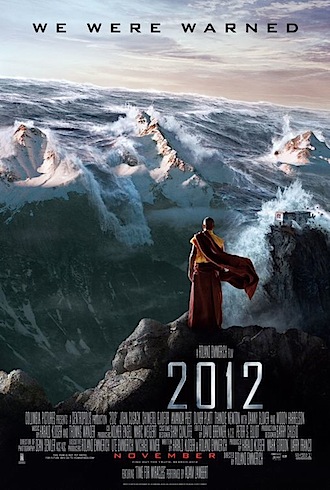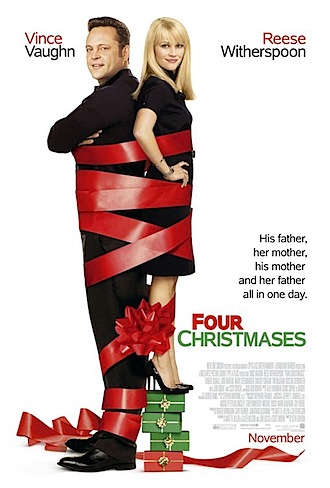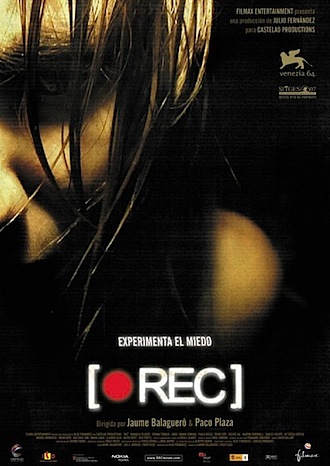Eat Pray Love is what they used to call, in the old days, a “women’s picture” and the advertisers who have paid good money to annoy audiences before the film…
Read More
It’s never been a tougher time to be running a film festival. In addition to the usual commercial considerations of just selling enough tickets to stay afloat, each year brings…
Read More

After nearly three and a half years of producing this cinemagoers’ consumer guide, perhaps its time for a statement of intent. A manifesto, if you will. Something to place these…
Read More

Dollar for dollar (if not lb for lb) Vince Vaughan is the biggest star in Hollywood. For every dollar invested in a Vaughan film he returns fourteen making him a…
Read More

It's babies everywhere in the cinemas at the moment. Last week I reviewed the Tina Fey comedy Baby Mama about a middle-aged woman desperate for a child and this week…
Read More
